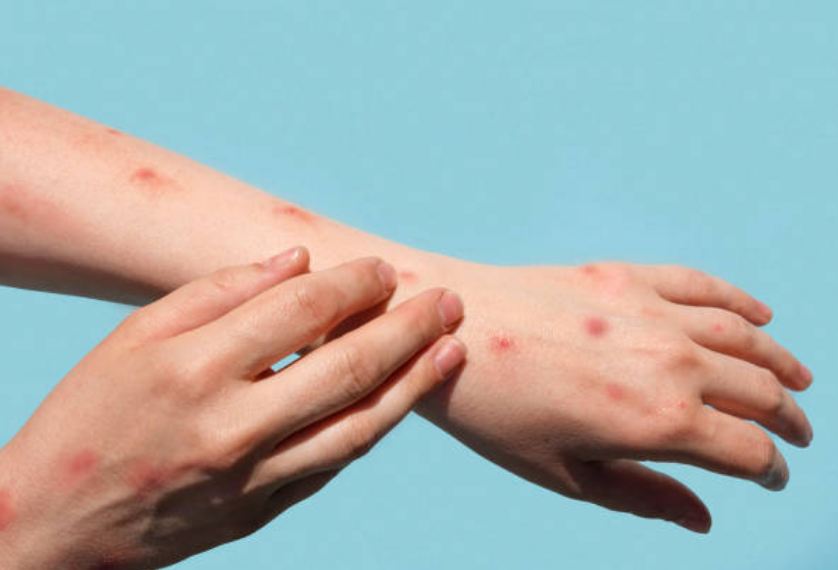Monkeypox a Global Health Emergency: Experts Discuss the U.S. Response
-
The World Health Organization (WHO) declared monkeypox a global emergency on July 23.
-
More than 16,000 monkeypox cases have been reported in 75 countries, primarily among men who have sex with men.
-
There have been over 2,500 monkeypox cases reported in the U.S.
-
Many people report difficulty in getting tested and few vaccines are available.
-
Healthline asked three infectious disease experts how they think the response to monkeypox is going, and what the biggest hurdles to containing this disease are.
On July 23, Dr. Tedros Adhanom Ghebreyesus, the WHO’s director general, declared monkeypox a “public health emergency of international concern.” The director general overruled the second meeting of the International Health Regulations Emergency Committee (EC), which was unable to reach a consensus about the severity of the outbreak.
With more than 16,000 monkeypox cases reported in 75 countries, Dr. Tedros said in a statementTrusted Source there’s “a clear risk of further international spread,” adding that the risk remains low for the time being.
There are 2,592 U.S. monkeypox cases in the U.S., with New York, California, and Illinois among the states hit hardest, according to the most recent data Trusted Source from the Centers for Disease Control and Prevention (CDC). On July 17, former FDA Commissioner Dr. Scott Gottlieb told NBC’s Face the Nation that we’re on the cusp of monkeypox becoming an endemic virus.
Healthline asked three infectious disease experts how they think the response to monkeypox is going, and what the biggest hurdles to containing this disease are. These are their responses.
Eric Cioe Pena, MD, director of Global Health for Northwell Health in New York
Miriam Smith, MD, chief of infectious disease, at Long Island Jewish Forest Hills in Queens, New York
Supriya Narasimhan, MD, Division Chief, Infectious Diseases, Hospital Epidemiologist and Medical Director of Infection Prevention, Santa Clara Valley Medical Center
Healthline: What have we learned about monkeypox so far?
Pena: We have learned that it likely originated from a traveler to Europe, and has been circulating in a community of men who have sex with men at raves or parties. It is contagious with close contact.
Smith: Monkeypox, which had been endemic to Africa, is spreading globally through networks of men having sex with men. The prodrome (early signs) include fever, adenopathy (swollen glands), headache, muscle aches, and rash.
The rash usually starts on the face or oral cavity and progresses through synchronized stages with concentration on the face and extremities.
The infection has generally been mild and self-limited with no reported deaths to date.
Some patients, however, have reported a more severe course.
The virus is transmitted by close physical contact with an individual who is infected, primarily through skin-to-skin contact from individuals with active skin lesions although respiratory droplets or oral fluids are potential sources of spread.
Narasimhan: Monkeypox has taken us by surprise.
It was formerly only noted to be transmitted among close family contacts or from animals to humans however the current outbreak is spreading via transmission predominantly among [men who have sex with men] MSM through close sexual contact.
Due to this pattern of transmission, most patients have painful genital lesions including penile lesions, perianal lesions, and proctit is Trusted Source. Most cases have been mild and self-limited, and have not required hospitalization.







